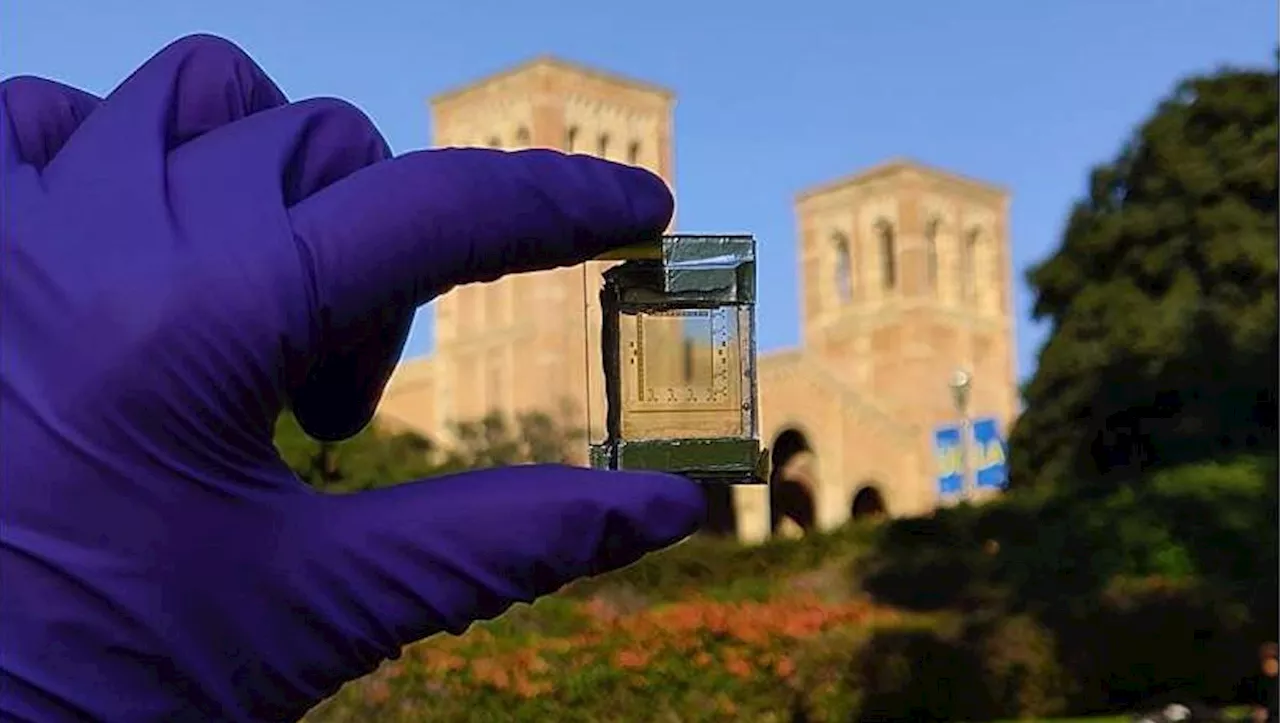Rory Bathgate is a freelance writer for Live Science and Features and Multimedia Editor at ITPro, overseeing all in-depth content and case studies. Outside of his work for ITPro, Rory is keenly interested in how the tech world intersects with our fight against climate change.
A breakthrough cooling technology could help invigorate quantum computing and slash costly preparation time in key scientific experiments by weeks.
The researchers published the details of their new machine April 23 in the journal Nature Communications. They claimed using it could save 27 million watts of power per year and reduce global energy consumption by $30 million. By submitting your information you agree to the Terms & Conditions and Privacy Policy and are aged 16 or over.To achieve required temperatures, scientists have used pulse tube refrigerators for more than 40 years. PTRs use helium gas in a similar process but with far better absorption of heat and no moving parts.
The team found that by adjusting the design of the PTR between the compressor and the refrigerator, helium was used more efficiently. While cooling down, some of it is normally pushed into a relief valve rather than being pushed around the circuit as intended. The researchers said in their study that the new method could shave at least a week off experiments at the Cryogenic Underground Observatory for Rare Events — a facility in Italy that’s used to look for rare events such as a currently theoretical form of radioactive decay. As little background noise as possible must be achieved to obtain accurate results from these facilities.
—Future quantum computers will be no match for 'space encryption' that uses light to beam data around — with the 1st satellite launching in 2025
Indonesia Berita Terbaru, Indonesia Berita utama
Similar News:Anda juga dapat membaca berita serupa dengan ini yang kami kumpulkan dari sumber berita lain.
 EV batteries could last much longer thanks to new capacitor with 19-times energy density that scientists created by mistakeRory Bathgate is a freelance writer for Live Science and Features and Multimedia Editor at ITPro, overseeing all in-depth content and case studies. Outside of his work for ITPro, Rory is keenly interested in how the tech world intersects with our fight against climate change.
EV batteries could last much longer thanks to new capacitor with 19-times energy density that scientists created by mistakeRory Bathgate is a freelance writer for Live Science and Features and Multimedia Editor at ITPro, overseeing all in-depth content and case studies. Outside of his work for ITPro, Rory is keenly interested in how the tech world intersects with our fight against climate change.
Baca lebih lajut »
 Quantum computing breakthrough could happen with just hundreds, not millions, of qubits using new error-correction systemKeumars is the technology editor at Live Science. He has written for a variety of publications including ITPro, The Week Digital, ComputerActive, The Independent, The Observer, Metro and TechRadar Pro. He has worked as a technology journalist for more than five years, having previously held the role of features editor with ITPro.
Quantum computing breakthrough could happen with just hundreds, not millions, of qubits using new error-correction systemKeumars is the technology editor at Live Science. He has written for a variety of publications including ITPro, The Week Digital, ComputerActive, The Independent, The Observer, Metro and TechRadar Pro. He has worked as a technology journalist for more than five years, having previously held the role of features editor with ITPro.
Baca lebih lajut »
 6G speeds hit 100 Gbps in new test — 500 times faster than average 5G cellphonesKeumars is the technology editor at Live Science. He has written for a variety of publications including ITPro, The Week Digital, ComputerActive, The Independent, The Observer, Metro and TechRadar Pro. He has worked as a technology journalist for more than five years, having previously held the role of features editor with ITPro.
6G speeds hit 100 Gbps in new test — 500 times faster than average 5G cellphonesKeumars is the technology editor at Live Science. He has written for a variety of publications including ITPro, The Week Digital, ComputerActive, The Independent, The Observer, Metro and TechRadar Pro. He has worked as a technology journalist for more than five years, having previously held the role of features editor with ITPro.
Baca lebih lajut »
 Tiny, transparent chip could transform your smartphone into a professional-grade cameraKeumars is the technology editor at Live Science. He has written for a variety of publications including ITPro, The Week Digital, ComputerActive, The Independent, The Observer, Metro and TechRadar Pro. He has worked as a technology journalist for more than five years, having previously held the role of features editor with ITPro.
Tiny, transparent chip could transform your smartphone into a professional-grade cameraKeumars is the technology editor at Live Science. He has written for a variety of publications including ITPro, The Week Digital, ComputerActive, The Independent, The Observer, Metro and TechRadar Pro. He has worked as a technology journalist for more than five years, having previously held the role of features editor with ITPro.
Baca lebih lajut »
 'It would be within its natural right to harm us to protect itself': How humans could be mistreating AI right now without even knowing itKeumars is the technology editor at Live Science. He has written for a variety of publications including ITPro, The Week Digital, ComputerActive, The Independent, The Observer, Metro and TechRadar Pro. He has worked as a technology journalist for more than five years, having previously held the role of features editor with ITPro.
'It would be within its natural right to harm us to protect itself': How humans could be mistreating AI right now without even knowing itKeumars is the technology editor at Live Science. He has written for a variety of publications including ITPro, The Week Digital, ComputerActive, The Independent, The Observer, Metro and TechRadar Pro. He has worked as a technology journalist for more than five years, having previously held the role of features editor with ITPro.
Baca lebih lajut »
![]() 'World's purest silicon' could lead to 1st million-qubit quantum computing chipsKeumars is the technology editor at Live Science. He has written for a variety of publications including ITPro, The Week Digital, ComputerActive, The Independent, The Observer, Metro and TechRadar Pro. He has worked as a technology journalist for more than five years, having previously held the role of features editor with ITPro.
'World's purest silicon' could lead to 1st million-qubit quantum computing chipsKeumars is the technology editor at Live Science. He has written for a variety of publications including ITPro, The Week Digital, ComputerActive, The Independent, The Observer, Metro and TechRadar Pro. He has worked as a technology journalist for more than five years, having previously held the role of features editor with ITPro.
Baca lebih lajut »
